Scott Wiper assembled quite the cast for this Americana-drama The Big Ugly. From Vinnie Jones to Malcolm McDowell to Ron Perlman, it’s a collective of famous faces renowned for their years of diligence and hard-work, and risk taking too. Having spoken to Wiper on the phone, it’s easy to see what attracted these stars to the project, for he’s an affable, intelligent filmmaker who has his heart in the right place. In short, he just loves cinema – and he’s vying to make movies for those of us who share that same passion. In our chat we discuss his balancing of American and British cultures, and talks in length about his dear friend Vinnie Jones, and explains how, and why, his parents took such a liking to the former hard-man footballer. He also comments on the joy in directing icons of cinema like McDowell and talks about his plans for his next venture, the production company 4G Vision…
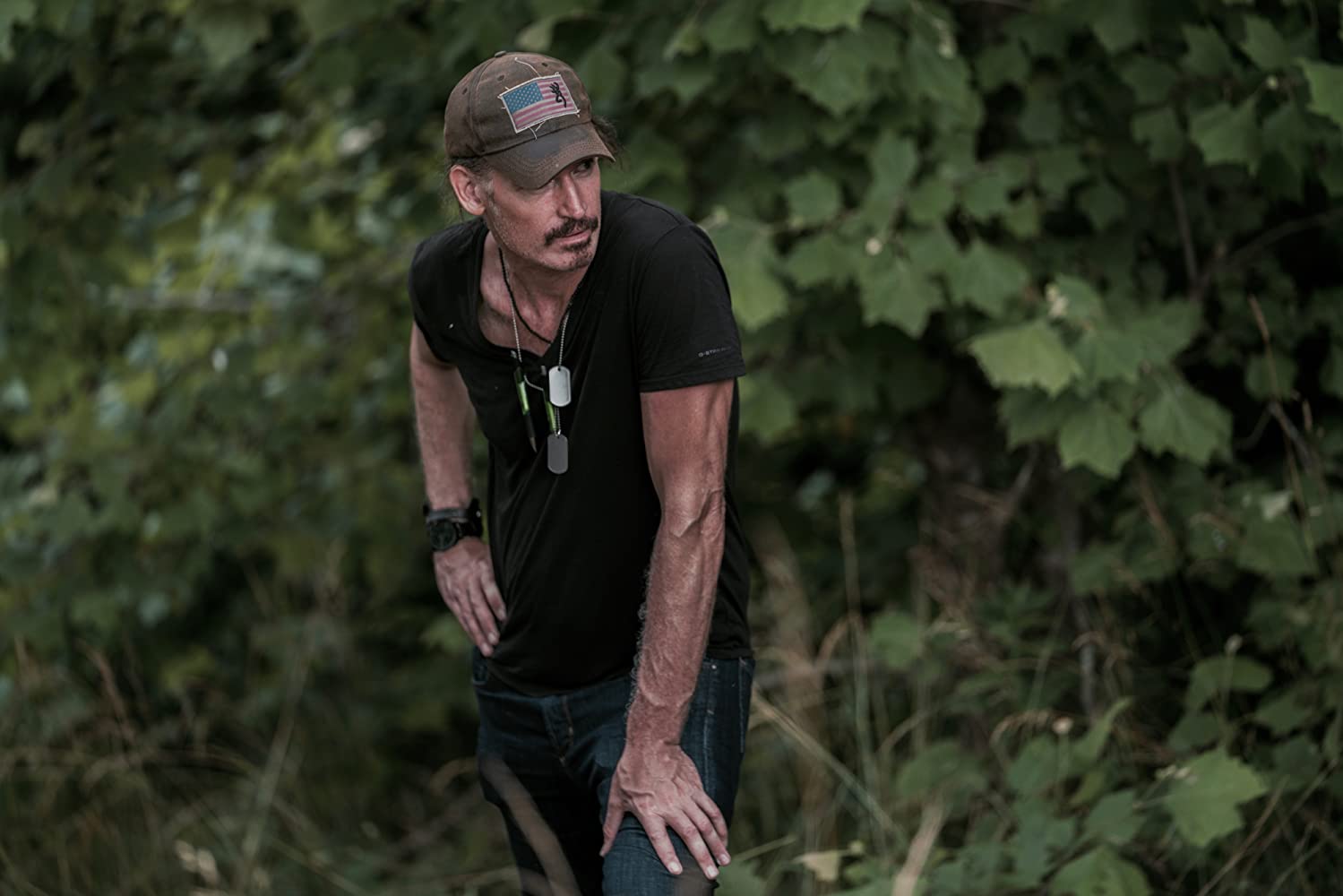
This film is evidently inspired by cinema from the late 60s and early 70s. What is about that era of cinema that appeals to you as a filmmaker?
Scott Wiper: There’s something about those movies, and you’d come across them when we were still buying VHS tapes, but they stick to you. They have heart and soul, and the characters seem to have moral ambiguity. I think that era is actually picking up from 1940s film noir. I sometimes look at the patterns of movies and what’s happening in society and back in the 40s everyone was contemplating a new world, and the atomic bomb, and where we go having had enough World Wars that we have to number them. Then in the United States we’d come out of Watergate and Vietnam and I always felt that when society hits certain darkness, there’s an appetite, or at least certain filmmakers want to capture it. When Vinnie and I pitched this film to investors, we said that this type of movie wouldn’t make 400 million dollars, but there’s an audience that wants something a little darker and a little harder. We also used the term honest, but it’s still entertainment. Film noir and Westerns were morality tales, but a lot of what’s there that hopefully sticks with the audience is there in atmosphere and tone. Back then they were the b-films of the studios. The a-films were the musicals, people dancing and singing. Yet the ones that lived to be classics are what the studios referred to as b-films, so we’re proud to make this type of movie.
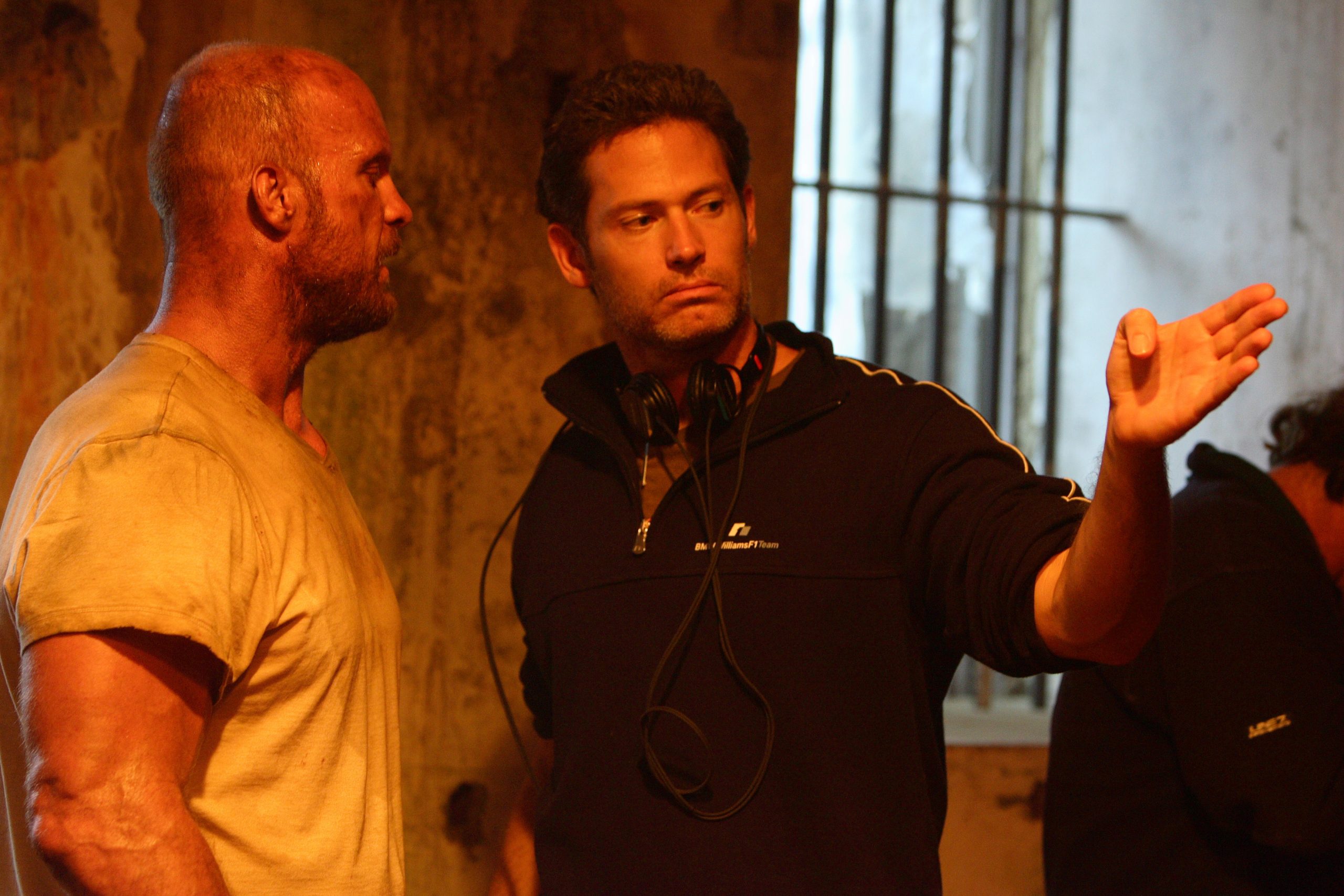
You’ve smashed together British and US cultures. With that in mind is this a movie that play well on both sides of the Atlantic?
Scott Wiper: Vinnie was very involved in writing the British dialogue, helping with the overall tone and feel. I wasn’t intimidated as a director that it was part-British gangster, I just saw my job as being to create Americana. I know that inside and out, I grew up in an area that was similar to where we filmed this, and my ancestors are from that area. So I just wanted to create Americana and then drop these British characters in it, and they will exist. There was a movie I watched in Paris called Hell on the Pacific, which is two actors, one is Japanese and the other is Lee Marvin. I love Lee Marvin – you’re gonna hear that name a lot! Both actors in that movie are stranded in a desert island while World War Two is going on, but they’re still fighting. It’s a tale of redemption and humanity as they learn to find peace. It’s a different movie for the Japanese than it is for Americans. It’s subtitled in both nations, and I always thought of that as a movie that lives differently in two worlds. I would ask Malcolm and Vinnie and Lenora, because the British cast was very important to get their take on things. I think also of The French Connection, you really see New York City and that was interesting to people. I hope that people in other countries see this as an authentic photographing of a piece of America that many people don’t know about.
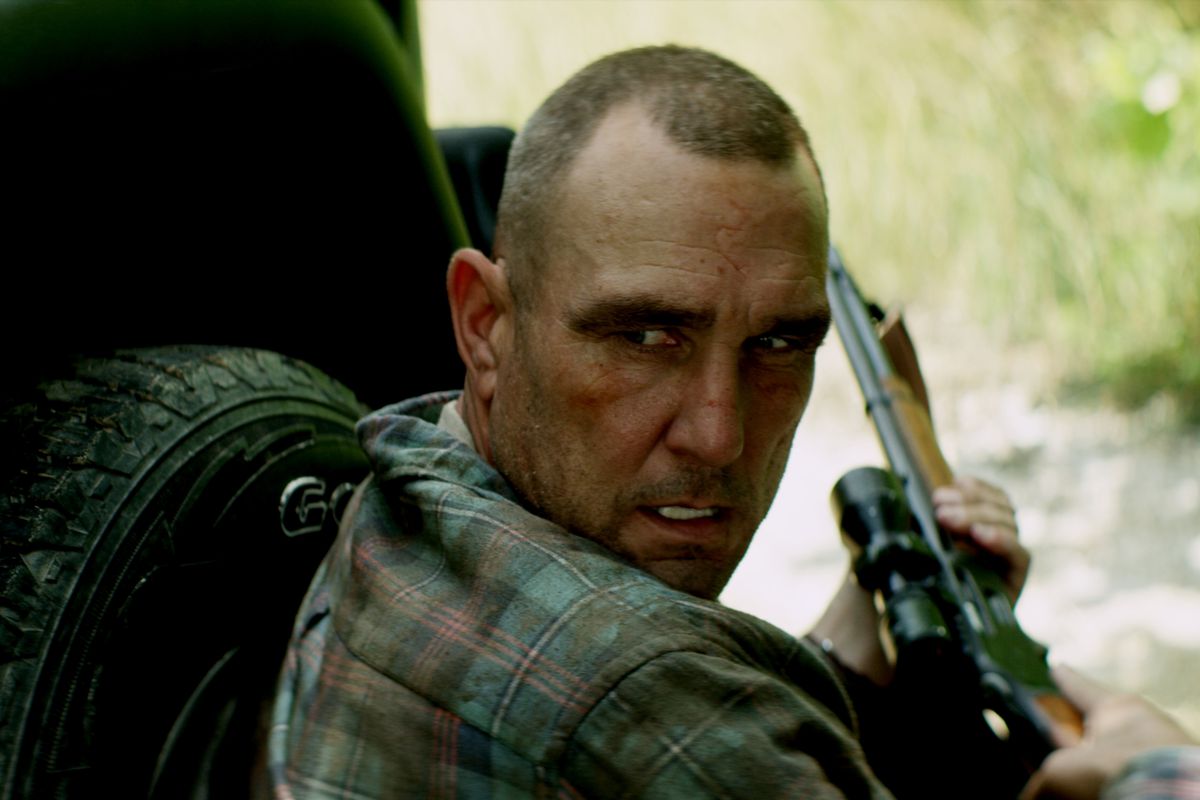
Having now worked so closely alongside British and America actors – what would you say are our greatest similarities, and greatest differences?
Scott Wiper: In general, many British actors come from classical training, and in the United States, classic training is a TV show. You do a TV show for five years and you earn your chops. There’s a no-nonsense quality about Brits that I love, and I’ve never met him, but there’s that Michael Caine type who I imagine to be like ‘okay, what do you need?’ Very direct, no-nonsense questions. But I lose sight of who is what nationality. But sometimes American actors can come into a project with a little too much ‘Hollywood’ on them. I’d say the most foreign place in the world for everyone is Hollywood. If someone’s got too much Hollywood dripping from them, that kinda takes a day or two to wash out in Kentucky. But Vinnie sets the tone, if you’re here to do good work, and to be serious, we will have some fun, but whatever your technique is, it’s respected. I try to adjust my style to what every actor likes, and I know what Vinnie likes, because we talk and tell stories in the weeks before so when we get to filming, there’s not a lot of chit-chat. I learnt what Ron likes and what Malcolm likes, and for me that’s one of the joys of directing. It’s like sports, directing is like being a coach. Each person is a great athlete, an instrument, and you gotta set up an environment that brings out the best in them.
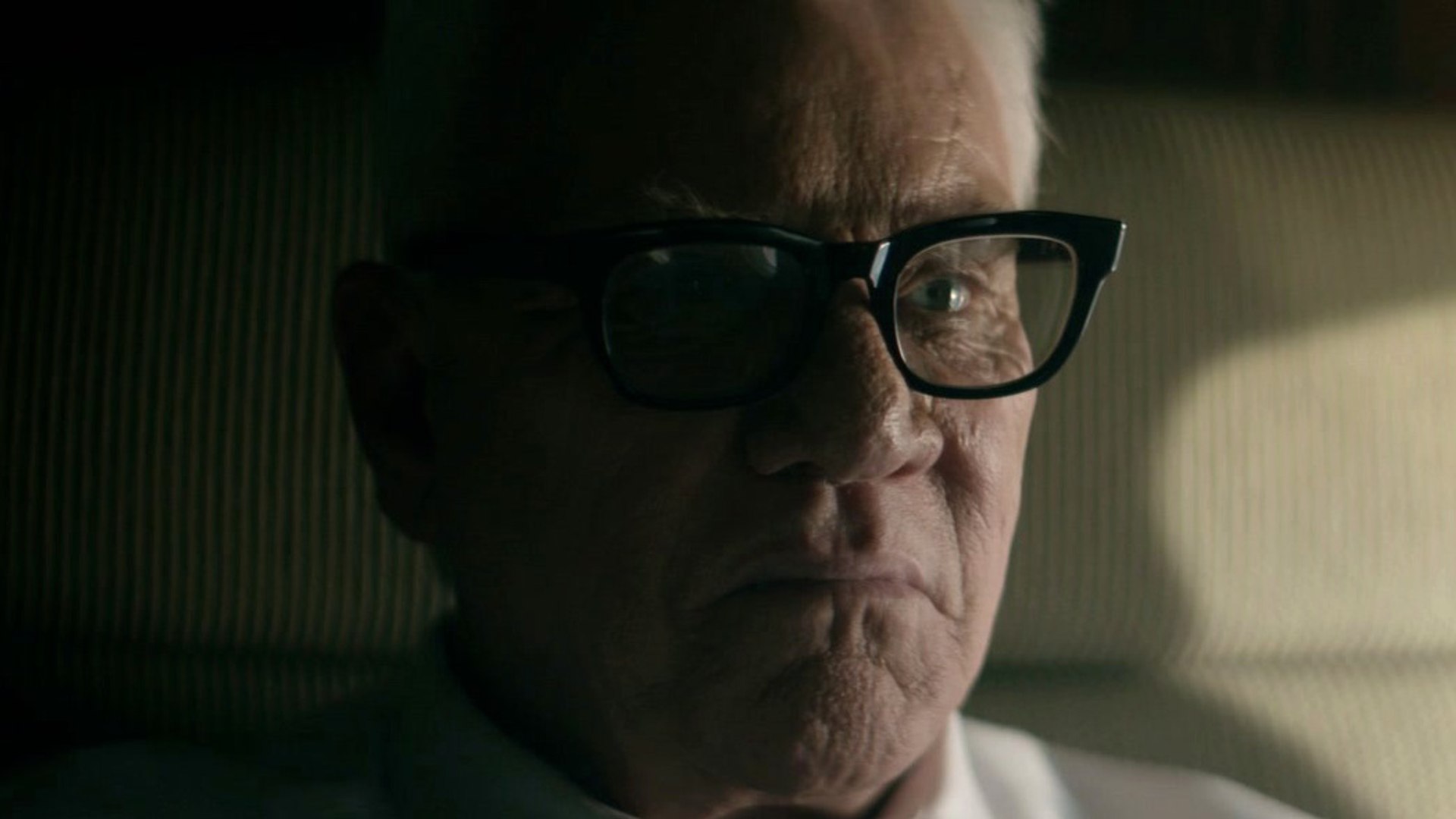
You’re obviously a close friend of Vinnie’s – what is about him as a collaborator, and friend, that makes him such a joy to work alongside?
Scott Wiper: There’s a genuine quality, there’s depth, there’s loyalty. It’s only there if it’s reciprocated but if it is, you can take it to the bank, and take it there for life. He’s a man of his word. What makes him very unique in show-business is that he learned fame and celebrity in sport, through football. With that comes real broken bones and you learn teamwork. I was an athlete myself, not at Vinnie’s level but still pretty serious, in American Football. I always told my friends and family that I had this friendship with Vinnie Jones and I’d never watched British football, so I learned about it afterwards and I felt it fascinating to watch the montages of him doing his mayhem on the field. But the way we approach filmmaking is like athletes, there’s not a lot of whining, you just get it done. My father has this incredible love for Vinnie. He came and visited when we were filming The Condemned in Australia, and Vinnie knew my parents were coming, and I was stressed because I don’t think they understand that a director never has time off to be a host. But on the days Vinnie wasn’t filming, he took my father, who’s name is Donald but Vinnie called ‘The Biffster’ because his nickname is Biff. And he’d take my mum and dad from middle America in Ohio, and they’re going to the horse racing with Vinnie. My dad doesn’t even know what soccer is. But he came back and said ‘I hear Vinnie played professional soccer’. My dad would always ask about him. Both he and my mother took a liking to him. Vinnie has a football club in Hollywood called The Hollywood Allstars, which he started, and they had these blue and yellow jackets that everyone wore. Out of nowhere he had made my dad an honorary member of the team and sent him the full blue and yellow sweatsuit. It’s the littlest things, but they’re huge things.
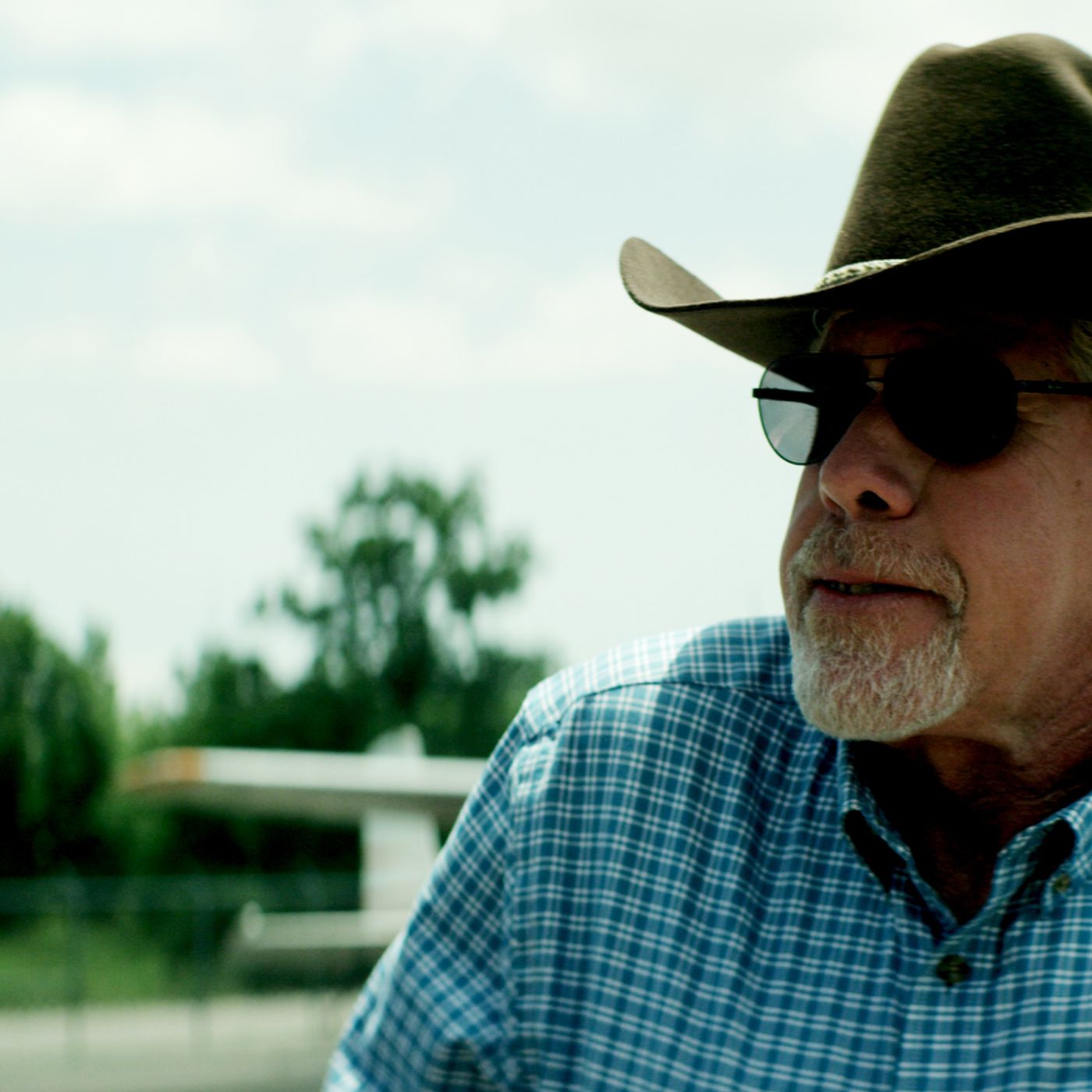
It’s a real departure for him too. When he broke through in the industry he just got loads of roles as the hard-man, the gangster. But we see some vulnerability to him in this.
Scott Wiper: For me, that was the priority number one as writer and director. In Hollywood when people see you do a role, they base their opinion on you off of the role they have seen. So naturally that hard-man image becomes what producers and directors want. I had a real opportunity as a friend, to show the real guy. The real Vinnie made my writing interesting, because as a writer I am fascinating by complex characters and I wanted to create the role as the real Vinnie Jones that people love and that people fear. Not the movie image. When I would look through the camera I would look for my pal VJ.
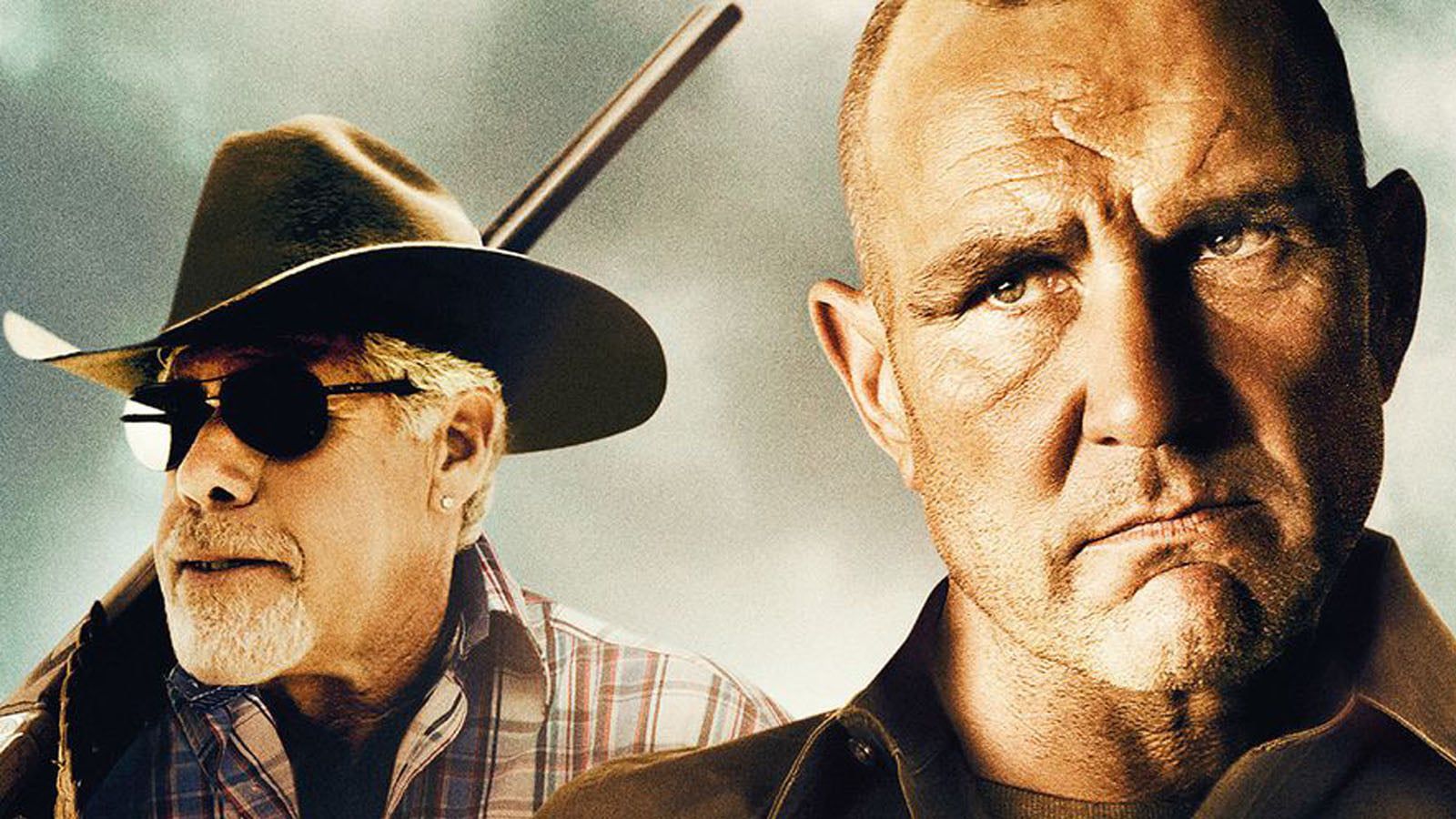
The cast also boasts the likes of Malcolm McDowell and Ron Perlman. You’re a professional and you’ve been in this industry a long time, but do you ever have pinch-me moments? Malcolm goes beyond being a legend, he’s an icon of cinema.
Scott Wiper: It’s hitting me right now, to be honest. Friends of mine, childhood friends who love movies, they say ‘wow’, and I get that several times. When we’re shooting I’m only comfortable talking about the work, so when they’ve read the script and they want to get into the material, you have this common thing and on location you have common goals, and it’s a great equaliser. The pinching does happen, but it happens about now, when people start watching the film.
My final question is about 4G Vision – the company you’ve set-up with Vinnie. What are your plans for this production company, and what does the future hold?
Scott Wiper: The goal is to make movies that are character driven, genre-films that have heart and soul. To make movies in such a way that we can shave off some of the assholes from Hollywood and keep it with good people and friends so that the filmmaking process is fun. We want to make films that we don’t think are being made. We’ll do it on smart budgets, not wasting a tonne of money and we’re putting emphasis on the performances, and yet it’s still entertainment. Just for people that love movies.

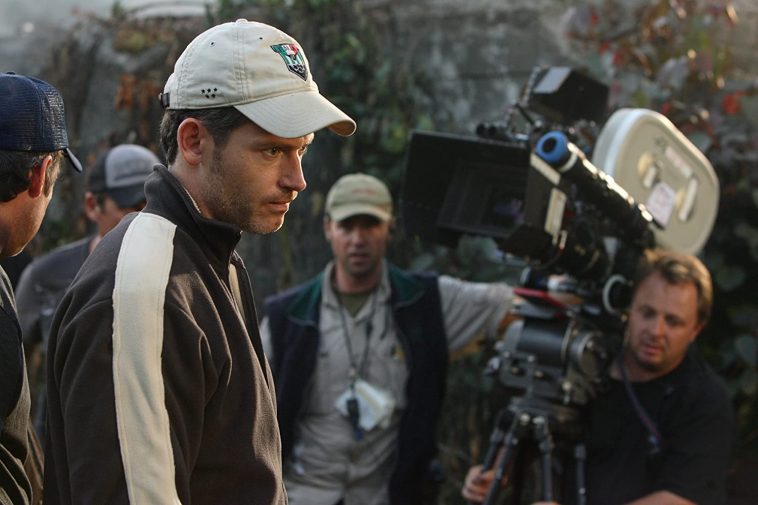




Leave a Comment